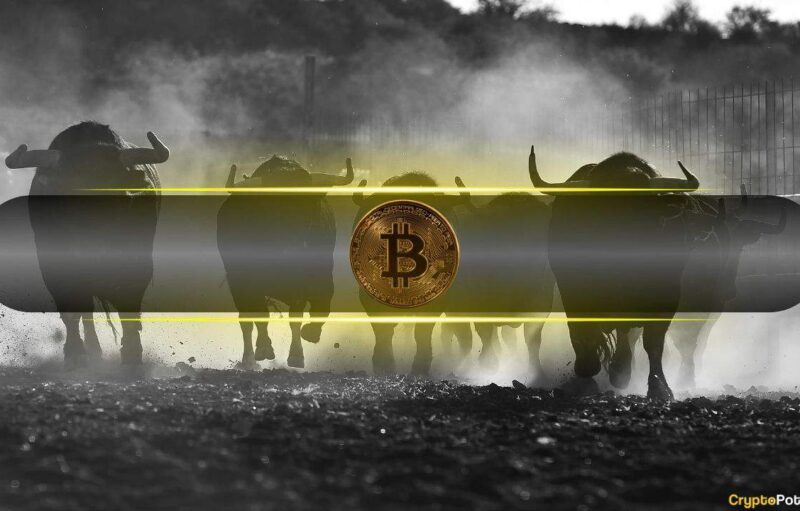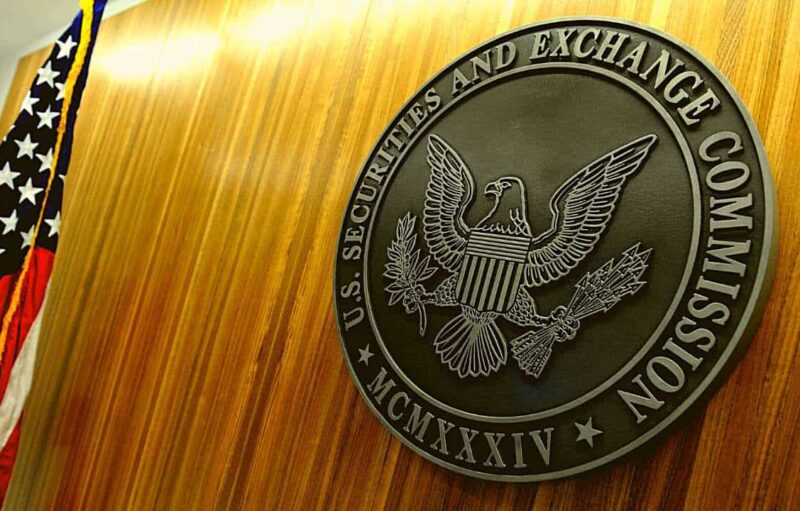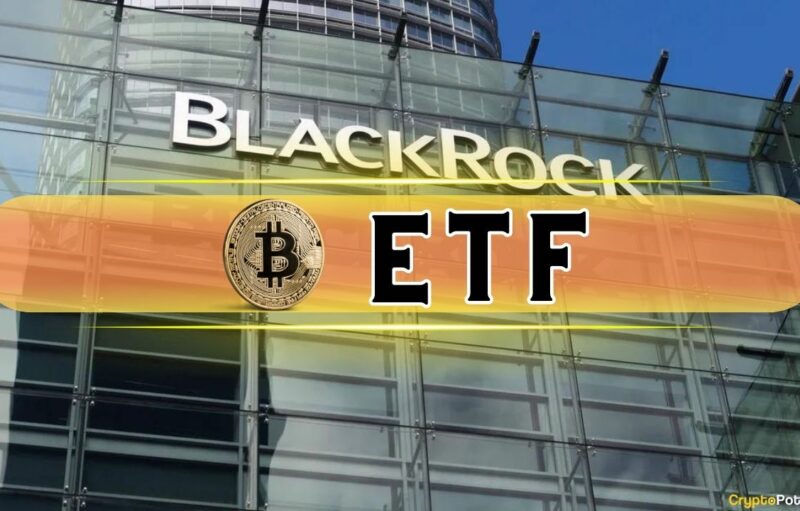
Two of the largest multinational investment banks in the world, Goldman Sachs and Citigroup, recently conducted a successful transaction utilizing the blockchain technology. Both giants made the first of its kind equity swap, but 13 more are waiting to be fulfilled, as well.
Equity Swap On Blockchain
As reported by Forbes, Citigroup and Goldman Sachs completed the successful transaction on January 28th. What makes this equity swap different is the utilized platform called Axcore blockchain, which came from venture-backed distributed ledger startup Axoni. Similar to Ethereum’s network, Axcore also allows the deployment of smart contracts.
The distributed ledger (blockchain) technology provides an excessive number of benefits, which came in handy during the equity swap transaction. It allows every counterparty in every swap to view and use the same data, unlike the traditional equity swaps.
According to Greg Schvey, Axoni co-founder and CEO, blockchain technology can disrupt the financial sector, and this is a big first step:
“The ability to have synchronous, peer-to-peer processing of data between institutions and have databases natively speaking to each other is just a huge, huge first step towards the future that I think a lot of people have been looking for in capital markets infrastructure.
And for these huge firms that we are working with – and then I would argue for probably most of the world – this is a pretty substantial advancement toward that path.”
It’s worth noting that back in 2017, Citigroup participated in Axoni’s Series A funding round, which raised over $20 million. Previously, Wells Fargo, NEX Group, and F-Prime Capital were among the other major companies that invested in the blockchain-based startup.
How Does Blockchain Improve Equity Swaps?
Traditional equity swaps have to be constantly updated for countless variables. These include different interest rates, corporate actions like dividend payments and stock splits, and end-of-day market prices. Financial institutions need to employ numerous people to verify the process until the completion of the swap, which in some rare cases, could take months.
Additionally, disagreements occur regularly since every counterparty in a trade operates its records. Therefore, the necessary time to complete a transaction needs lots of human resources and hours, according to a recent report by the International Swaps and Derivatives Association (ISDA). It concludes that if there are 2% disagreements, it could deliver up to $2 million in losses per transaction.
Schvey believes that his company’s blockchain technology can provide the necessary instrument to resolve these costly and time-consuming issues.
Also speaking on the matter was Puneet Singhvi, Citi’s head of financial market infrastructure and blockchain lead. He pointed out that the technology is replacing the unnecessary hours and costs of running manual verification processes:
”These are massive operational teams, spending a huge amount of their time just figuring out where things went wrong.
What you are really replacing is phone calls, Excel spreadsheets, emails, etc. If you have disputes, the sooner and constantly concerned you are, the less risk you have from an operational and financial perspective.”
The post appeared first on CryptoPotato






